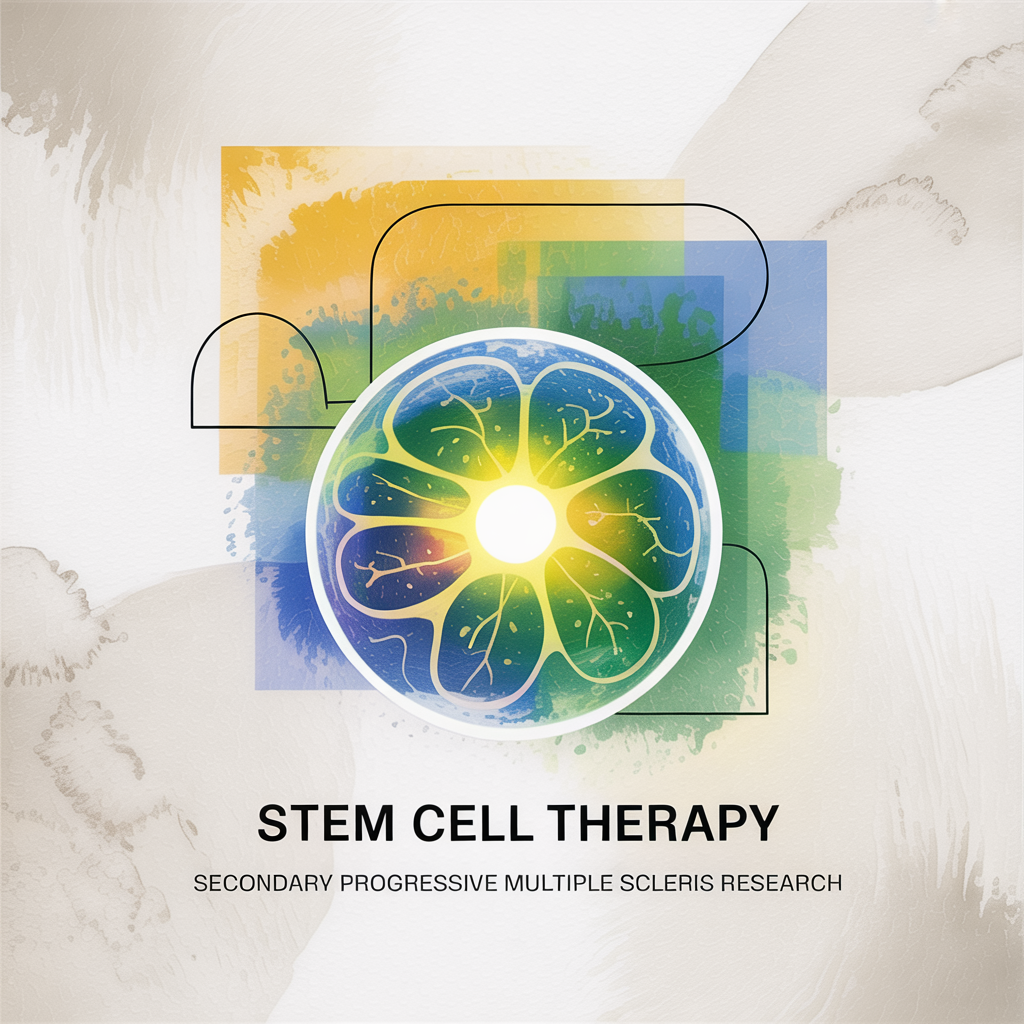A Phase 1 clinical trial evaluating placenta-derived mesenchymal stem cells (PLMSCs) in patients with secondary progressive multiple sclerosis (SPMS) has concluded that the approach is safe and feasible, according to results published in Scientific Reports. The study, which enrolled five SPMS patients, focused primarily on safety outcomes over a six-month monitoring period.
No serious adverse events were reported during or after the intravenous infusion of PLMSCs. Two participants experienced temporary headaches, which were resolved with standard medication. These findings align with prior safety signals observed in mesenchymal stem cell (MSC) studies for autoimmune conditions.
Secondary exploratory outcomes included clinical assessments, advanced imaging, and immune system markers. Notably, researchers recorded statistically significant improvements in EDSS scores and in metrics from diffusion tensor imaging (DTI) suggesting potential changes in white matter integrity. Functional MRI (fMRI) data also indicated improved brain connectivity and cognitive function.
On the immunological front, the study observed increased levels of the anti-inflammatory cytokine IL-10, alongside reductions in TNFα, IL-6, and IL-17—all key drivers of MS-related inflammation. Additionally, B cell markers were significantly reduced supporting the idea that PLMSCs may have immunomodulatory effects.
Despite these encouraging exploratory outcomes, the authors emphasized that this early-stage trial was not designed to assess efficacy. As stated in the paper, “larger, controlled phase II trials are warranted to validate these preliminary observations and investigate PLMSCs’ therapeutic potential in MS.”
The study contributes to a growing interest in perinatal stem cell therapies for neurodegenerative conditions, especially those involving chronic inflammation. While early, the data support continued investigation of PLMSCs in progressive MS, a disease stage that remains clinically challenging to treat.


